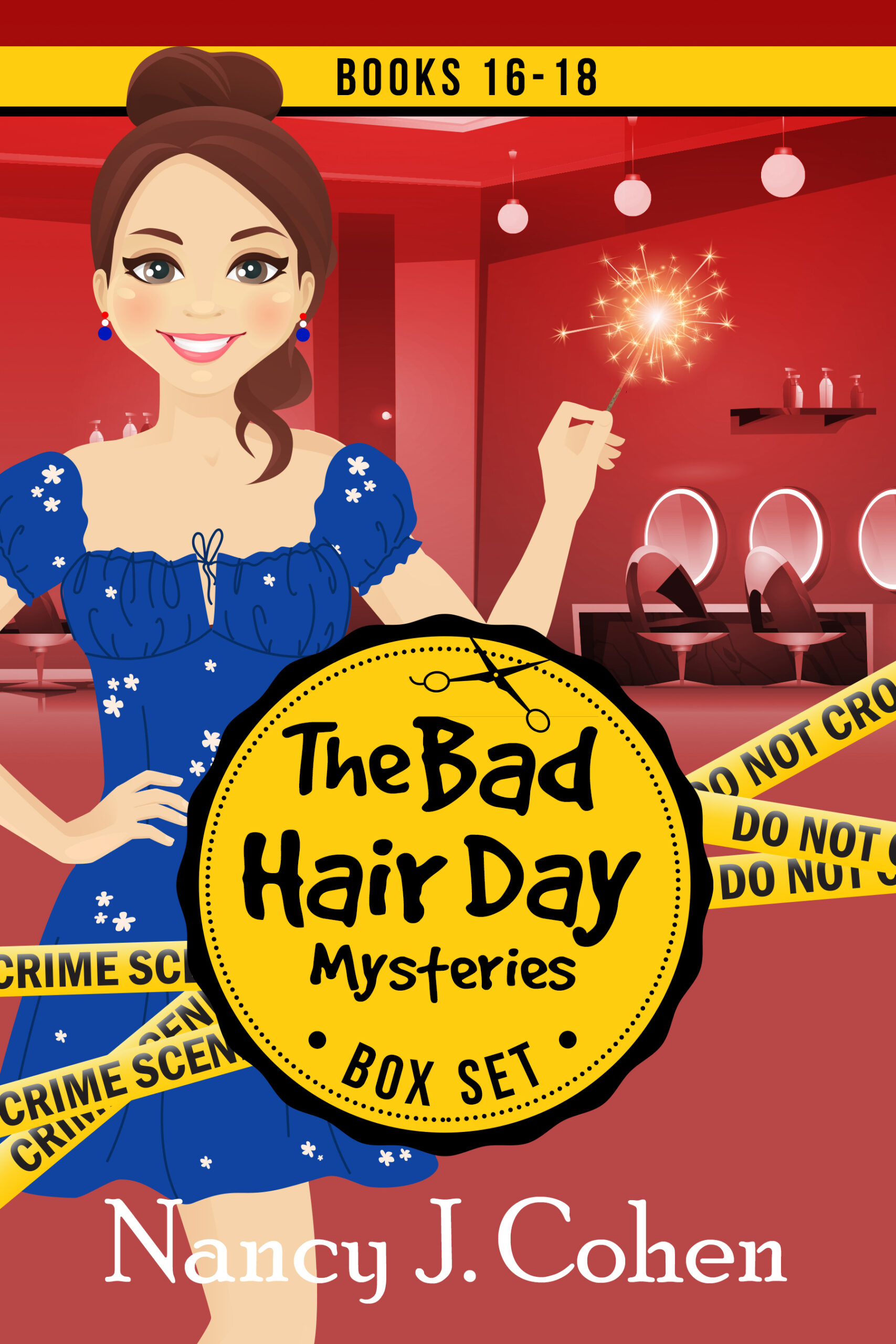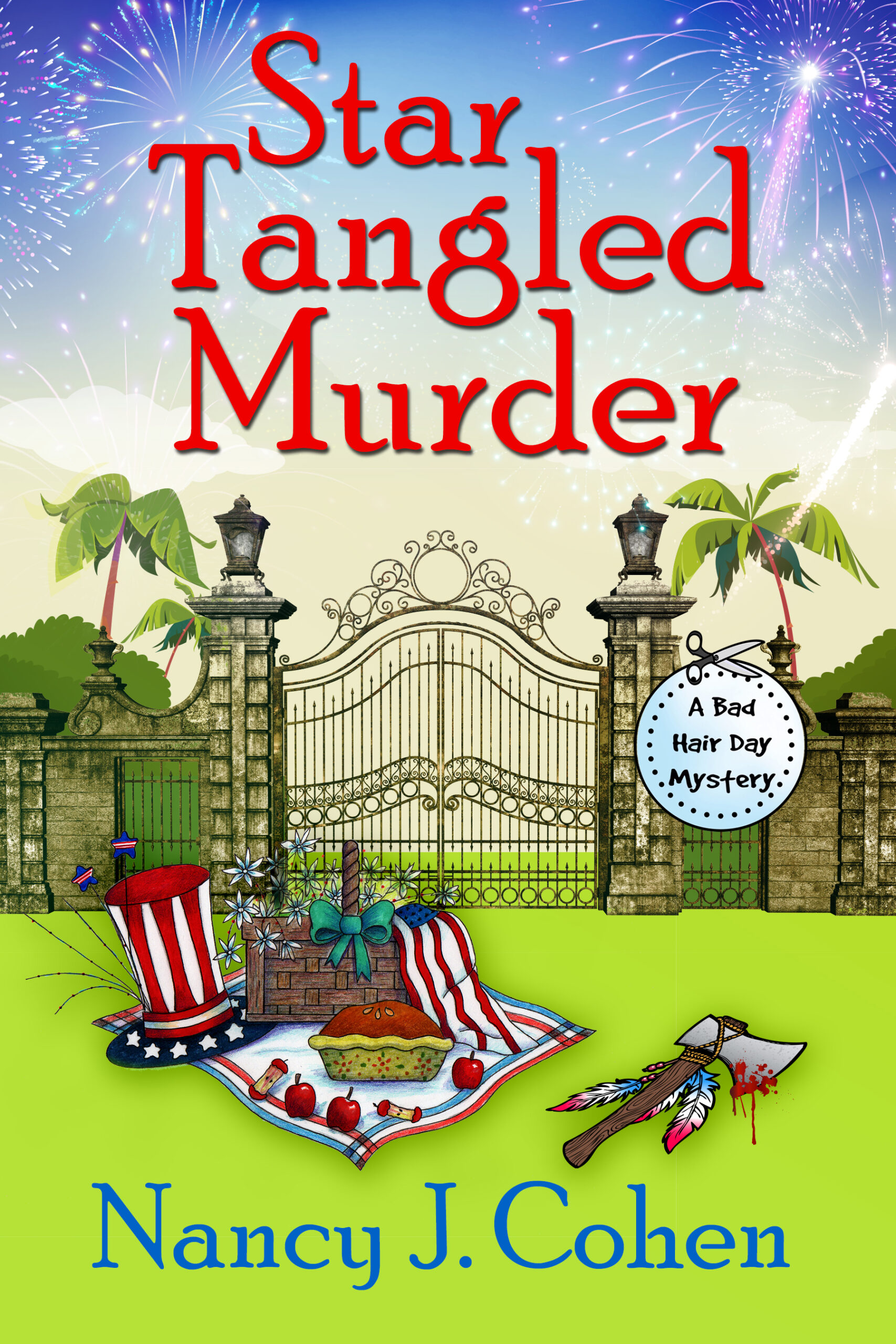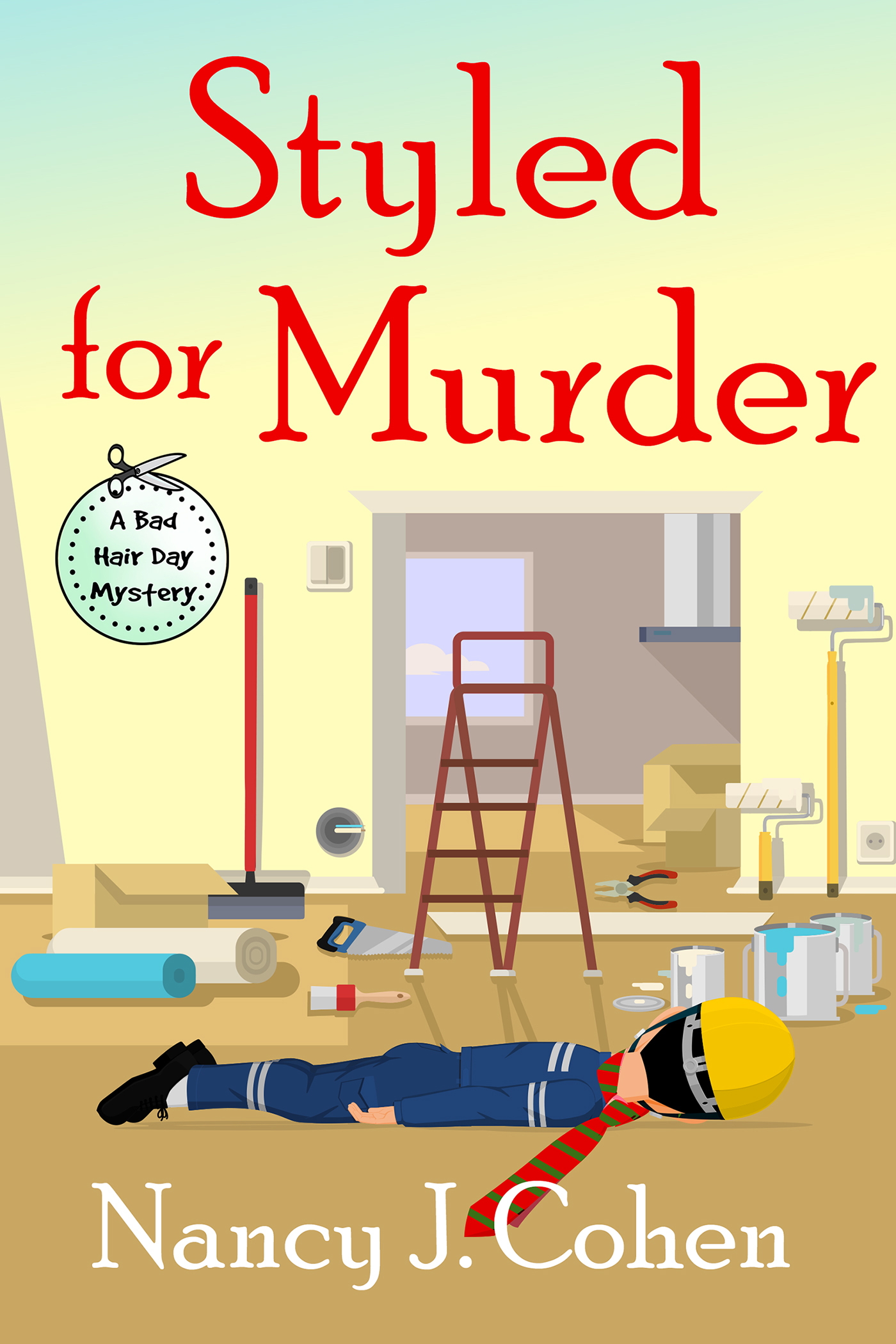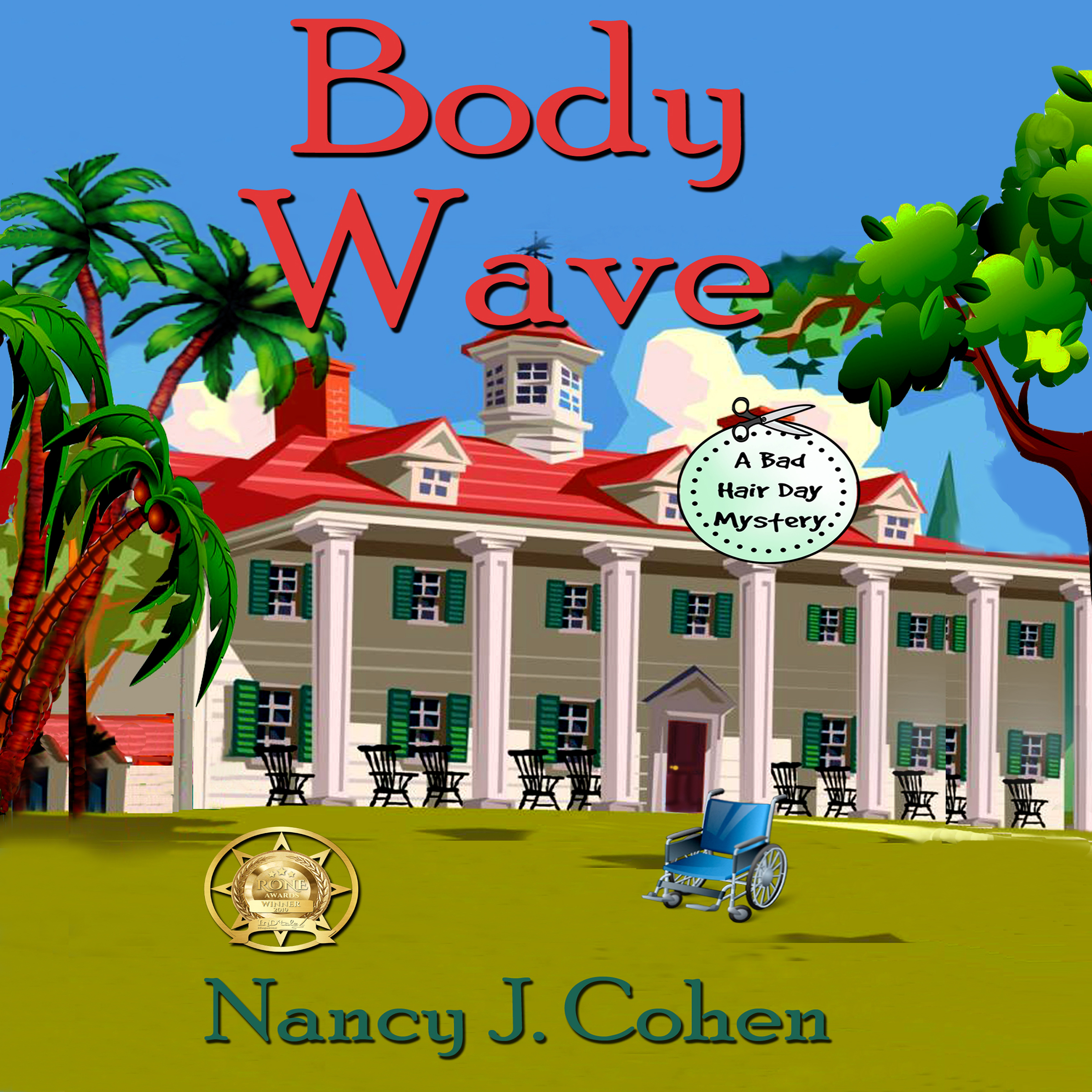As a novelist, we’re often asked if we are a plotter or a pantser. These refer to your technique in plotting a story. Do you outline ahead of time, knowing each plot point that will occur? Or do you fly by the seat of your pants as you write, unaware of what will come next in your novel?
It’s possible to be a bit of both. For example, as you approach each chapter, you may know what is supposed to happen. But how do you get from Point A to Point B? That’s where creative magic comes into play. It’s exciting to discover things about your characters that weren’t in your original notes.
I got into the habit of writing a synopsis for each Bad Hair Day mystery. These ran fifteen or so pages long and acted as a daily writing guide. I always knew where I was going if not how to get there. If the story changed along the way, I’d revise the synopsis accordingly.
A synopsis may be required by traditional publishers. As in indie published author, it’s a choice. You may need a short synopsis to enter your book in a writing contest, or to send to a blurb writer or cover designer upon request. It’s still a good thing to have and can point out any flaws in your story that aren’t readily evident.
Despite my preference for plotting ahead, I found myself unable to get past the first few pages in writing a synopsis for my current Work in Progress. I had done rough sketches of the suspects but still wasn’t clear on all their motives. And so I began writing to get a feel for the story. Now I’m 75 pages into the tale and still winging it. I’m learning things about my characters I didn’t expect. Nor do I have any idea whodunit at this point. My only fear is writing myself into a corner and getting stuck.
To avoid this mishap, I’m writing down every loose end or question that comes to mind from the reader’s viewpoint. If I run into a wall, I can go back and pick up on threads I’d missed. Will being a pantser work for me? Time will tell. So will my critique partners who’ll let me know if the plot doesn’t make sense. Here’s an example of some of these loose ends from the opening chapters:
Plotter or Pantser - Which type of writer are you? #writingcommunity #amwriting Share on XWhich one are you – a plotter or a pantser? Or a combination of both? Do you have any advice for aspiring writers other than to use whatever technique works for them?
6 thoughts on “Plotter or Pantser”
Comments are closed.

























I have said that the only reason I finished my first novel was to see how it ended. I’d have to admit that most of my work has been stream of consciousness. As I grew as a writer, my efforts took on a more structured form because of the amount of research involved and I keep copious notes but I’ve never reached the point of working from a written outline. I believe that my strongest asset has been the flow of my stories, unencumbered by an outline and that has been borne out by the fact that I’ve received seven letters from fans saying that they read my novel “Nightmare” in a single sitting.
We’ve met only briefly a couple of times at Sleuthfest.
This is great, Dennis. Obviously, this style works for you and it’s become part of your writing process. I am finding it interesting (and frightening) to wing it this time, but then again, I’m discovering things about my story that may not have happened otherwise.
I am both. I know who my killer, victim, weapon, motive are along with suspects and their motives. I try to do around 8 major plot points for pacing through the book. But otherwise I just write. It actually has been easier for me to work that way and I find I learn far more about the characters as I go.
Sounds like a good method. I have no idea whodunit this time around. it’s a new experience for me.
I consider myself more of a “Planster.” I don’t know what happens next most of the time, but I have an overall plan for the book.
I like your term. It probably applies to most people who know where the story is generally going but not precisely how to get there.